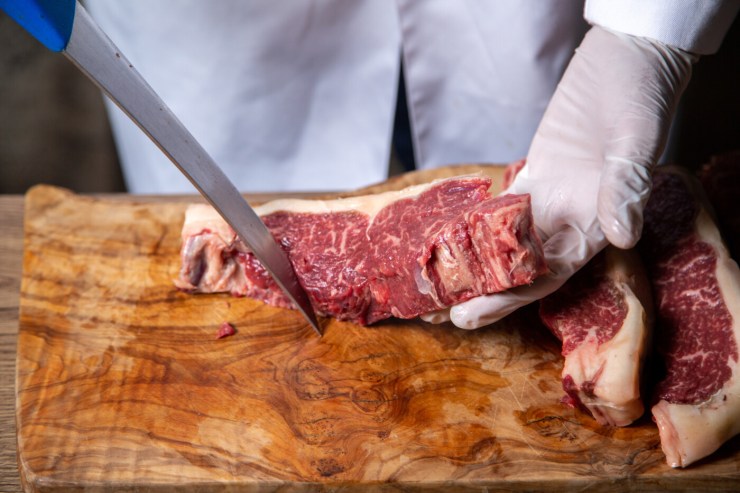Mato Grosso can take a decisive step toward low-environmental-impact livestock farming. The state government has submitted Bill No. 1145/2025 to the Legislative Assembly, which establishes the Green Passport, a traceability and monitoring program for the cattle and buffalo production chain, from farm to slaughterhouse. The proposal awaits completion of five agenda sessions to receive amendments before being reviewed by parliamentary committees.
The central objective is to establish a permanent sustainability policy for Mato Grosso's livestock industry, combining economic advancement, environmental conservation, and legal security for producers. To this end, the bill incorporates tools such as the Green Passport and the Mato Grosso Meat program, which will serve as a seal of quality and sustainability for meat produced in the state.

Photo: Everton Queiroz
The proposal was developed jointly by the Mato Grosso State Government, the Mato Grosso Meat Institute (IMAC), and representatives of the production sector. "This initiative seeks to consolidate the state's image in national and international markets, while promoting growth with environmental responsibility and biodiversity protection," says IMAC president Caio Penido.
The bill also provides incentives for voluntary environmental regularization, expanded production monitoring mechanisms, and encouragement of sales in high-value-added markets. This is expected to create a virtuous cycle between sustainable production and economic returns.
One of the pillars of the proposal is the gradual implementation of the Green Passport, until the entire chain is under monitoring.
Furthermore, the bill also proposes the creation of the Reinsertion and Monitoring Program (Prem), aimed at producers with outstanding environmental issues. Managed by IMAC, PREM will offer diagnostics, technical consulting, and ongoing monitoring for the regeneration of irregularly deforested areas, allowing these properties to return to the market while progressing toward regularization. "The Green Passport represents a significant step forward. Mato Grosso is once again taking the lead in developing solutions that combine sustainability, traceability, and competitiveness," Penido emphasizes.
The proposal reinforces the state's ambition to lead the sustainability agenda in the national livestock sector, with a structured public policy to ensure that meat production is aligned with current and future socio-environmental requirements.





